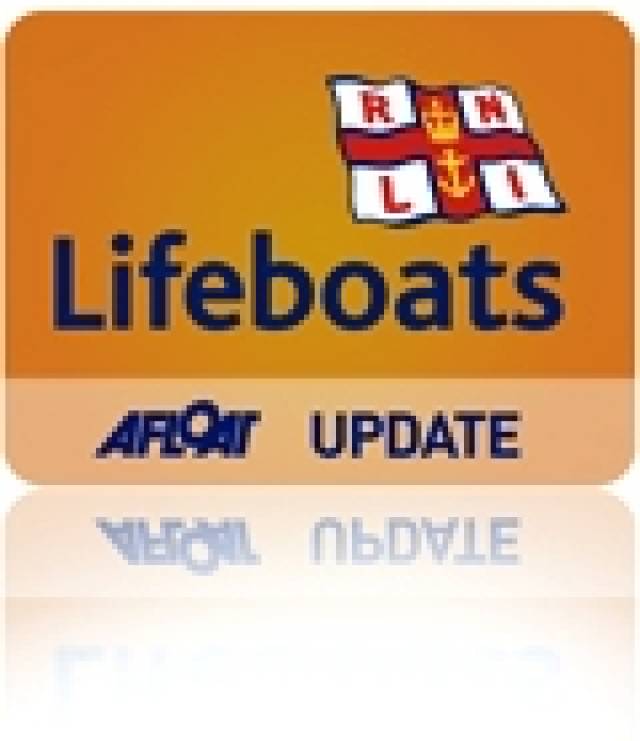#rnli – The Royal National Lifeboat Institution (RNLI) has announced that it is to trial a new lifeboat station at Union Hall in south west Cork. At a meeting of the RNLI Board of Trustees the decision was taken to establish an inshore lifeboat station at Union Hall for a trial period of 24 months. Following the evaluation the lifesaving charity will examine whether there is a case to establish a permanent lifeboat station at Union Hall.
Formal representations were made in May to the RNLI from the Glandore Harbour Inshore Lifeboat Committee for the establishment of a lifeboat station in the area. The committee was made up of individuals from the Union Hall and Glandore area representing the fishing industry, marine leisure and the local community.
The trial station will operate an RNLI B Class lifeboat. This lifeboat is a rigid inflatable boat measuring 7.3 metres and which can reach speeds of up to 32 knots. It is fast, manoeuvrable and very reliable and can operate in rough weather conditions. The inshore lifeboat complements the work of the larger all-weather lifeboats, which are based at the neighbouring RNLI lifeboat stations of Baltimore and Courtmacsherry. Baltimore RNLI also operates an inshore lifeboat. These declared search and rescue assets work with the Irish Coast Guard to save lives at sea.
The Union Hall lifeboat will come from the existing RNLI relief fleet and the station will be based on Union Hall Pier in Keelbeg. It is hoped to have the station fully operational and ready for service by the middle of next year. Work will shortly begin on recruitment and training.
Commenting on the decision RNLI Regional Operations Manager for Ireland and the Isle of Man, Martyn Smith said, 'The south west coast of Cork is an area of significant maritime activity. Sadly it has also witnessed its fair share of tragedy. While RNLI all-weather lifeboat cover is strong along the Cork coast we feel there is a strong case for the addition of an inshore lifeboat based at Union Hall.'
'This coastline has many inlets and cliffs that are suitable for the rapid response and shallow water operations of an inshore lifeboat. Therefore the charity has taken this significant step in search and rescue cover along the south west coast and we are grateful to the people of Union Hall and Glandore for their support on this project.'
Paddy O'Donovan, Chairman of the Glandore Harbour Inshore Lifeboat Committee added, 'We are delighted that the RNLI have taken the decision to trial an inshore lifeboat at Union Hall for 24 months. We felt there was a strong case for a lifeboat here and we worked hard to bring the community together to make that case to the RNLI. We are all very familiar with the lifesaving work of the lifeboat crews in Baltimore and Courtmacsherry and we want the lifeboat crew in Union Hall to work alongside them in making sure our coastline has strong search and rescue cover.'
The RNLI already operates 44 lifeboat stations around the coast and on inland waters in Ireland.
































































